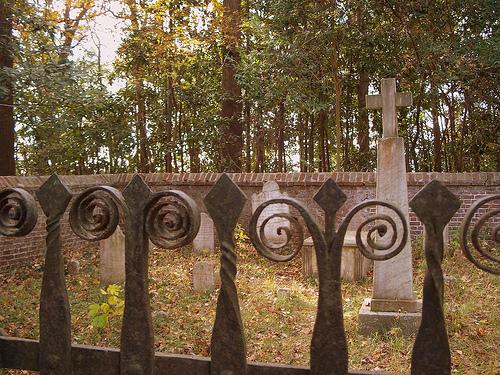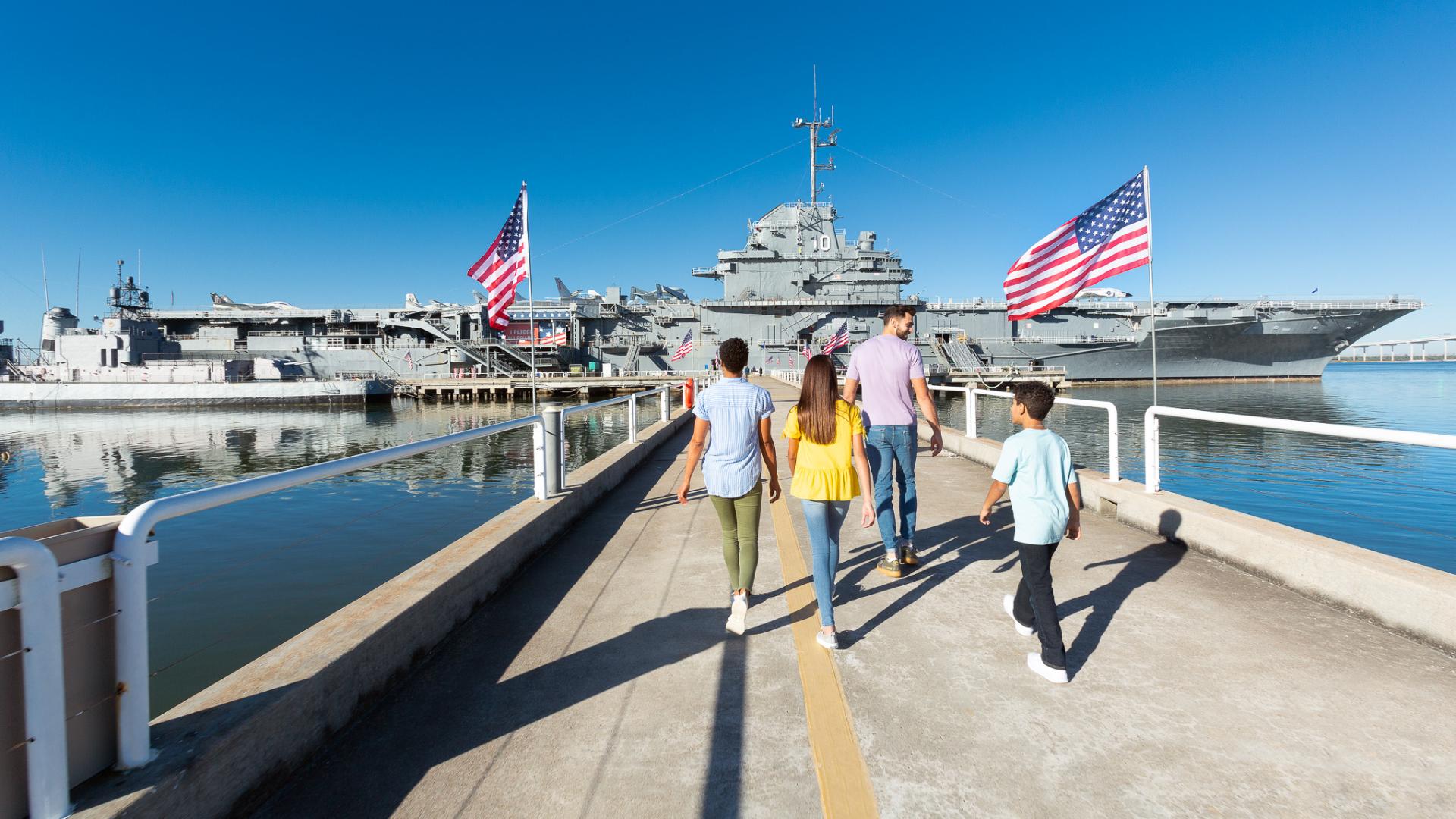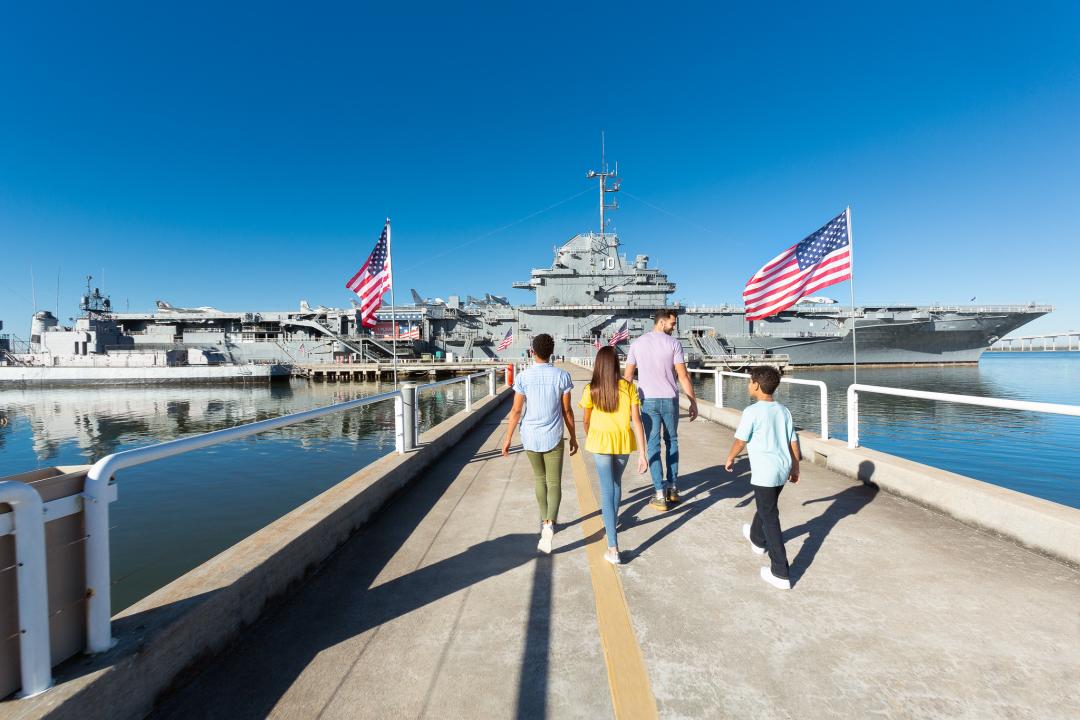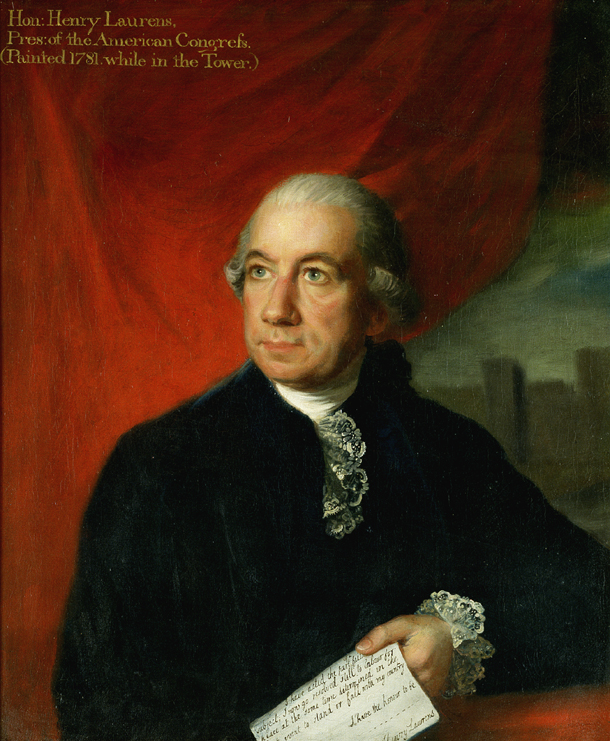
South Carolinian Henry Laurens and his son John Laurens both played pivotal roles in the American Revolution. Both father and son's life histories were influenced by events at Yorktown, Virginia.
John Laurens was a descendant of Huguenots, who fled France for religious liberty. He was a wealthy merchant in Charleston, South Carolina and entered the world of politics. He was first named a delegate to the Continental Congress on January 10, 1777, and served in the Congress from then until 1780. He was the President of the Continental Congress from November 1, 1777 to December 9, 1778.
In the fall of 1779 the Congress named Laurens their minister to Holland. In early 1780 he took up that post and successfully negotiated Dutch support for the war. On his return voyage that fall the Royal Navy intercepted his ship and he was charged with treason and imprisoned in the Tower of London. This became another issue between the British and Americans. In the field, most captives were regarded as Prisoners of War. While conditions were frequently appalling, prisoner exchanges and mail privileges were accepted practice. After his tour in the Tower, Henry's health would never recover.
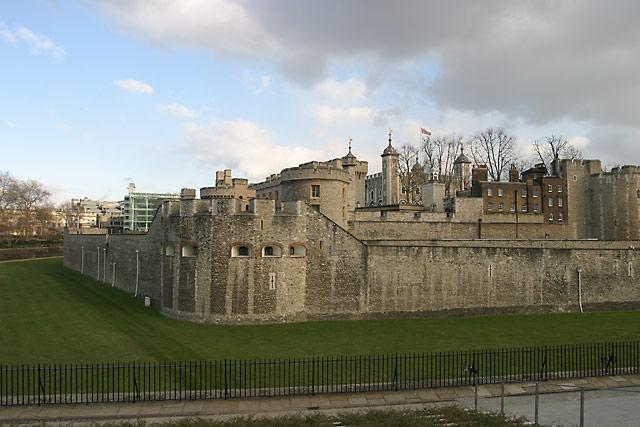
Back in America, Henry's son John was helping Washington to win a war. He had joined Washington's staff as one of his aides along with Alexander Hamilton in 1777. John fought at the battles of Brandywine and Germantown. John and Alexander were great friends and both spoke French fluently. They were vital to translating Baron Von Steuben's manual of arms for training a new and much improved Army at Valley Forge. John would be wounded at the battle of Monmouth. He returned to South Carolina to convalesce and served in the state legislature. John was captured by the British Army when Charleston fell to Henry Clinton in May 1780. Released by the British, John went to France in March 1781 with Benjamin Franklin to help convince the French to give us arms and troops. John returned to America in May and returned to the service of General Washington. He was at Yorktown, Virginia, for the defeat of Cornwallis and a party to the surrender negotiations at the Moore House (seen below). John Laurens ensured that the British received the same honors at Yorktown, that the American army at Charleston received in May 1780.
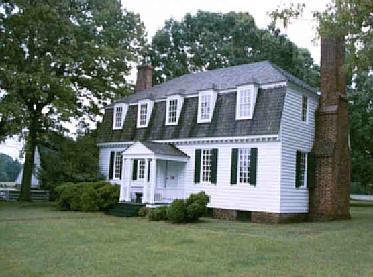
With the American and French victory at Yorktown, John's father Henry Laurens would finally be released from the Tower on December 31, 1781, in exchange for General Lord Cornwallis. Henry returned home to find his home Mepkin burnt to the ground by the British Army. He was in ill-health and then son John made an inopportune charge on British troops raiding on the Combee River south of Charleston. A British soldier shot John off his horse and he died August 27, 1782, just months before the British Army departed Charleston for good.
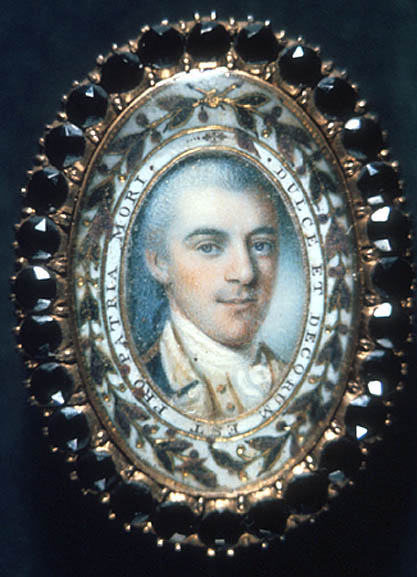
Henry had John's body returned to Mepkin for burial. On his tombstone is the Latin phrase, "Dulce et decorum est pro patria mori." Henry Laurens was never able to rebuild his home, regain his fortune or his lost son...he died December 8, 1792.
